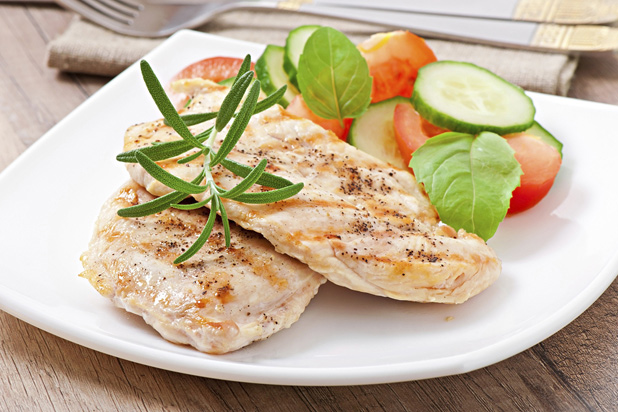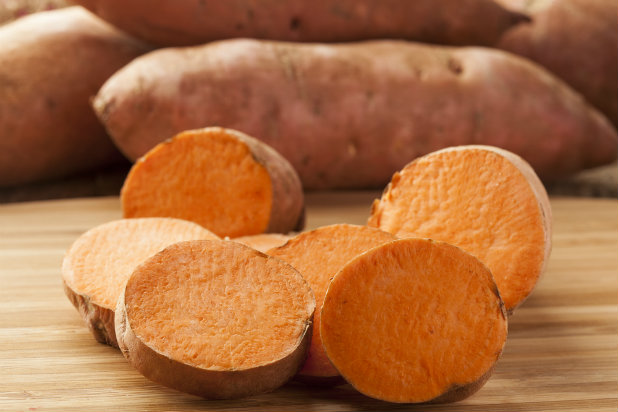What You Should And Shouldn't Eat While Nursing
According to the Centers for Disease Control and Prevention (CDC), 79 percent of newborns were nursed — breastfed — in 2011 (the most recent year for data on the topic). Further statistics indicate that nearly half of all babies are breastfed at six months and just over a quarter of all babies are still breastfed at 12 months.
Click here for the What You Should and Shouldn't Eat While Nursing (Slideshow)
Breastfeeding is known for its health benefits for both moms and babies. According to the American Academy of Pediatrics, breastfeeding helps mothers recover quickly from childbirth, may prevent Type 2 diabetes and cardiovascular disease in mothers, and may reduce risk of them developing breast and ovarian cancer later in life.
Benefits for babies include a strengthened immune system to defend against ear infections, pneumonia, urinary tract infections, and other illnesses.
Since breastfeeding is so important, moms need to make sure they're living a healthy lifestyle and eating nutritious foods for themselves and their babies while they're doing it.
"A healthy balanced diet should be a priority to all nursing moms," says Tracy Hatch, a nutritionist at the Downtown Women's Center in Los Angeles.
Hatch notes that healthy menu options include poached salmon, roasted asparagus, and herbed quinoa with lemon and olive oil, or a chicken and vegetable stir-fry with cashews and brown rice; both are fabulous choices for a nutrient-rich diet.
Be cautious of allergy-related foods like peanuts, tree nuts, dairy, eggs, wheat, and soy, since at this stage in the baby's life you're just learning what their allergies are. Some foods like garlic, citrus, and prunes can make the baby gassy or fussy.
"If you notice a pattern," says registered dietician Keren Gilbert, "avoid that food for a few days," says Gilbert. "To test whether that food really was the cause, reintroduce it once and see if there's an effect."
Gilbert points out that "The most important thing to keep in mind is that your baby's nutritional needs will be met even if you are eating poorly." Unfortunately, that means that the baby may thrive, but at the expense of the mother. "[I]f new moms don't focus on a nutrient rich diet," Gilbert continues, "the results are that their body will draw on its reserves, which can eventually lead to depletion."
While many mothers have duel goals of breastfeeding the baby and losing weight at the same time, it's not always a possible or even a good idea.
"New moms need more calories while producing milk: 500 [more] to be exact," says Gilbert. "The key is slow and steady weight loss, about a pound a week. It took nine months to get to this point. Give yourself a break!"
Eat: Lean Protein

Choose lean proteins like beans, chicken, and turkey, which fill you up and give your body lots of good nutrients like iron.
Eat: A Mix of Carbohydrates

"Complex carbohydrates like oats and sweet potatoes and fruits and vegetables not only offer more nutrition than processed starches and sugars; they provide longer-lasting energy," says Gilbert, who recommends choosing a variety of foods so your body get an array of vitamins.
